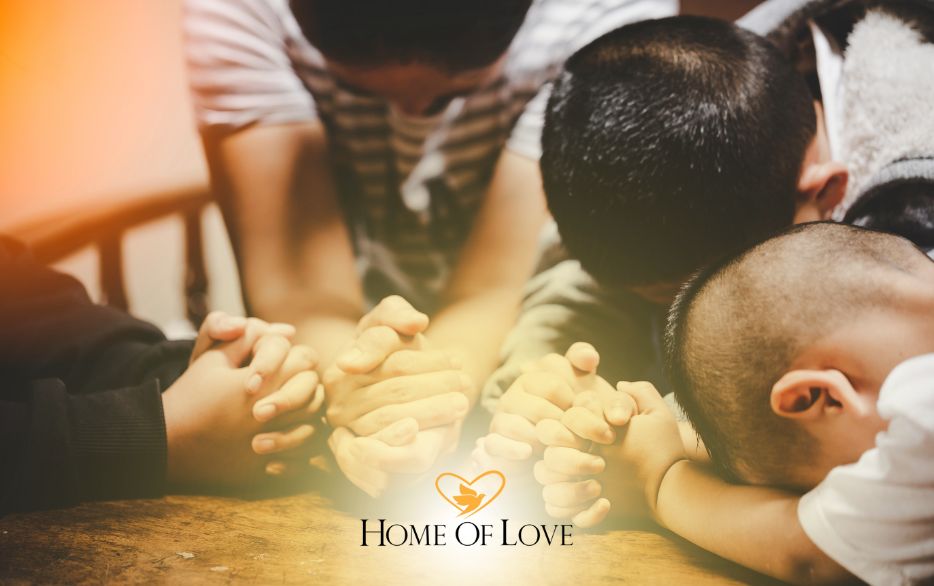navigating-the-conversation-about-death-with-children
Created: 2025-09-09 15:31:11
Updated: 2025-09-09 15:36:33

Explaining the concept of death to children isn’t easy; the challenge lies not in their ability to understand, but in their acceptance of the permanence of loss. Many adults might shy away from discussing this inevitable reality with children, aiming to shield them from its harshness. However, acknowledging that kids, too, experience grief and helping them comprehend loss in a sensitive manner is crucial.
Guidelines to Approach Discussions about Death with Children:
- Understanding Their Age: Children’s comprehension of death varies with age. Infants and toddlers might not grasp the concept but can sense the emotional atmosphere. Preschoolers may view death as temporary, whereas school-aged children and pre-adolescents recognize its finality. Tailoring explanations to their age-appropriate understanding is essential for clarity and sensitivity.
- Honesty with Tact: Children are perceptive; they understand more than we realize. When discussing death, be honest but gentle. Avoid sugarcoating the truth, yet deliver the information in a way that’s suitable for their comprehension level. Acknowledge the cause of death, prepare them for what they might witness, and assure them that it’s natural to feel sad.
- Choosing the Right Moment: Initiating conversations about death requires the right timing. When both you and the child are emotionally stable, find a calm moment to talk. Present information in small, digestible portions, allowing them time to absorb and process it at their own pace.
- Supporting Their Grief: Children express grief differently; some may seek attention, while others grieve silently. It’s crucial to create a safe space for their emotions, offering comfort and understanding. Be a supportive presence, allowing them to express their feelings openly.
- Honoring the Deceased: Incorporating thoughtful activities to remember the departed can aid in the healing process. Encourage children to create mementos, share memories, or participate in memorial services in ways that feel comfortable for them. Respect their choices if they prefer not to attend.
In the challenging times following a loved one’s death, children need guidance, reassurance, and an understanding environment. Engaging in open, honest conversations and providing support tailored to their emotional needs helps them navigate through the grieving process and fosters their emotional growth.